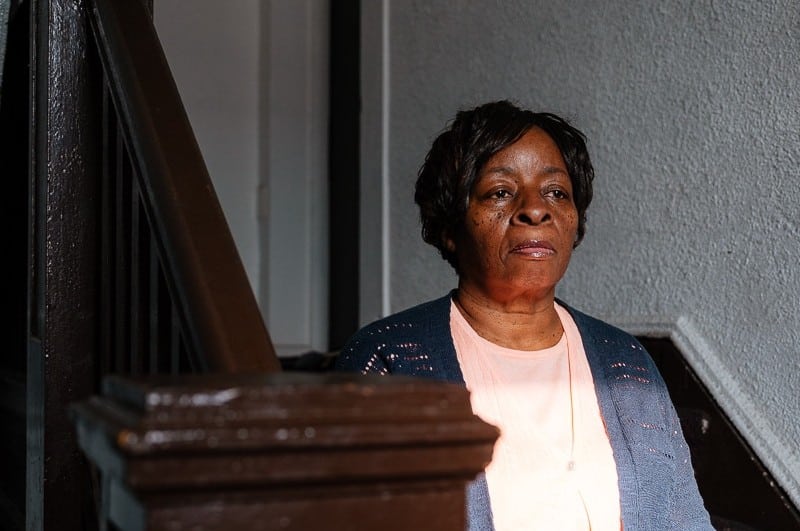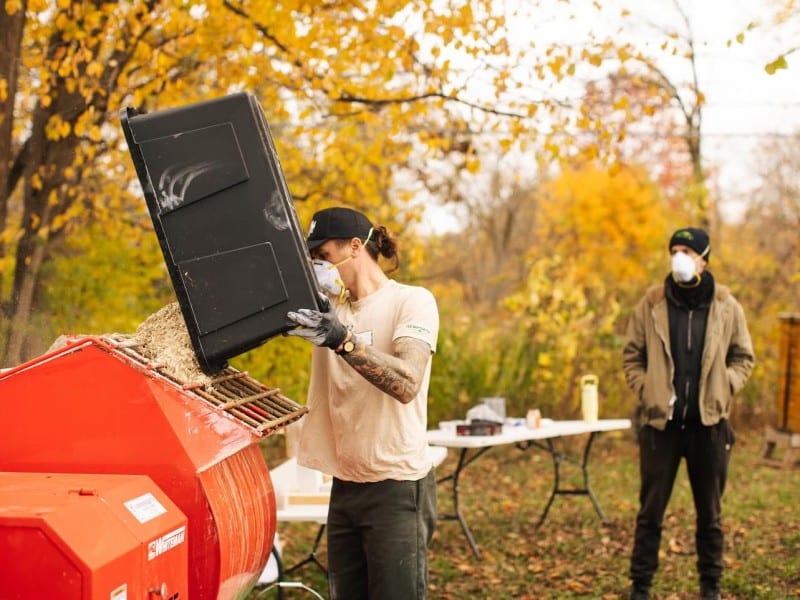Funded housing programs aim to do more than put a roof over homeless veterans’ heads
Michigan is home to around 640 homeless veterans who face multiple barriers to getting assistance. Several federal and grant-funded housing options, available in Detroit, aim to change that statistic: "One thing I can tell to whoever will listen is to always keep hope alive.”
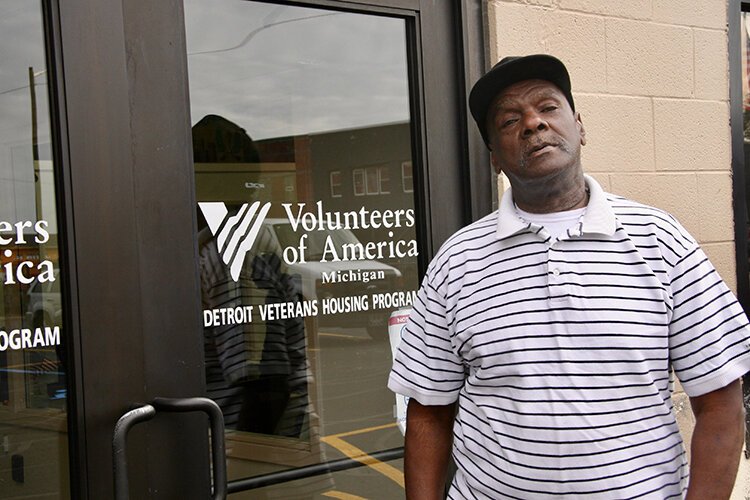
Ronald Williams finally has a place to call home after being homeless off-and-on for 20 years. A typical day for the 67-year-old U.S. Navy veteran used to be riding buses for several hours to stay warm during the day and sleeping at various shelters at night. That was before he found the Volunteers of America Detroit Veteran Center, a transitional housing program for homeless veterans.
“We work seven days a week being homeless and it’s no love affair out there trying to survive,” he says. “I’d be walking around downtown trying to communicate with other homeless people to find out where we can go and get warm because you couldn’t go to the shelter until 6 p.m. and had to be out at six in the morning. So you got all that time to figure out where you gone go.”
Many veterans wind up homeless and suffering from addiction and Post-traumatic Stress Disorder (PTSD) from events they’ve witnessed during their service. About 37,252 veterans were homeless in January 2020, according to a survey conducted by the U.S. Department of Housing and Urban Development (HUD). In Michigan the number of homeless vets was closer to 640. Barriers like felony records or simply not knowing what resources are available prevent many vets from receiving assistance. However, there are several federal and grant-funded housing options available in Detroit.
While he struggled with addiction in the past, Williams hasn’t had any issues with substance abuse since moving to the VOA Detroit Veteran Center on Milwaukee Street about six months ago. Here he gets three meals a day, a warm bed, internet access, and a community of other veterans to bond with. His stay is temporary, however, as he waits for his HUD-VASH apartment to be finalized. HUD-VASH is a program that provides low-income vets with Section 8 housing vouchers. With the voucher, veterans only have to pay 30% of their income for rent. He’s waiting to move into his new place any day now.
The VOA Detroit Veteran Center is a nonprofit organization with 60 beds for homeless veterans, 25 of which are occupied presently. Though the dorms here are only open to male veterans, any vet can walk through the doors and receive a meal or help finding housing.
Like Williams, many vets stay in a transitional housing facility like this one until they can find a more permanent residence. The facility’s Supportive Services for Veteran Families program partners with the U.S. Department of Veterans Affairs to find housing for low-income vets who are homeless or at risk of becoming homeless. They support them with move-in costs and transportation.
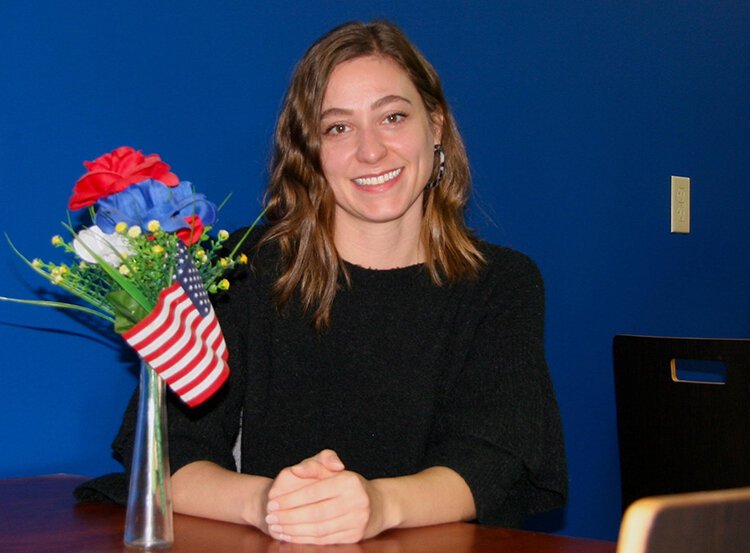
While the limit for staying in the dorms is technically two years, Diandra Gourlay, Strategic Growth Manager of Social Services for VOA Michigan, says sometimes vets are allowed to stay longer if they are not stable enough to live on their own yet. The last thing they want to do is turn someone back out to the streets. When a vet is ready to move out, VOA gives them the tools and resources they need for success, including a ride to look at apartments.
“We make sure they’re stabilized before we remove supports. We get them there, pay their first month’s rent and security deposit, get their household goods together, and ensure that they’re connected to other support as needed,” Gourlay says.
They also provide job skills training programs and legal assistance since many vets with past felonies struggle to find work.
“Sometimes it can even be something like a traffic violation that’s preventing them from getting their license, so now they don’t have transportation,” Gourlay says. “Navigating the legal system is not easy. Writing a letter to get charges dropped seems simple, but when you’re dealing with homelessness on top of everything else, it’s just difficult to get that done.”
Like the VOA Detroit Veterans Center, HUD-VASH also does much more than just help vets with housing costs. The program provides ongoing support for challenges like mental illness, addiction, and unaddressed medical issues. In fact, having such an ailment that requires case management from the VA is a requirement to qualify for this program. The VA provides veterans with a social worker to help with those issues while HUD takes care of the housing voucher.
Every vet who receives a HUD-VASH voucher sets a goal for themselves to graduate from the program, which means they no longer require frequent visits from their social worker. Even after graduating, however, vets can use the HUD voucher indefinitely as long as they meet the low-income requirements. HUD-VASH Supervisor Shantell Jackson says one of the most common goals in the program is combating substance abuse.
“A lot of veterans are struggling with substance abuse and they haven’t been able to secure housing,” she says. “We enter them into the program, provide ongoing care, and help them enter some sort of therapy so they can maintain sobriety for a certain amount of time. We don’t just put the keys in their hands and walk away. We want to continue the journey with them and provide ongoing support.”
Oftentimes, HUD-VASH relies on partnerships with landlords who are willing to accept the Section 8 vouchers and rent to veterans. Noel Abdulsaid is one such landlord. When she opened her apartment building on W. Chicago a year ago, she decided to make it available for veteran seniors exclusively.
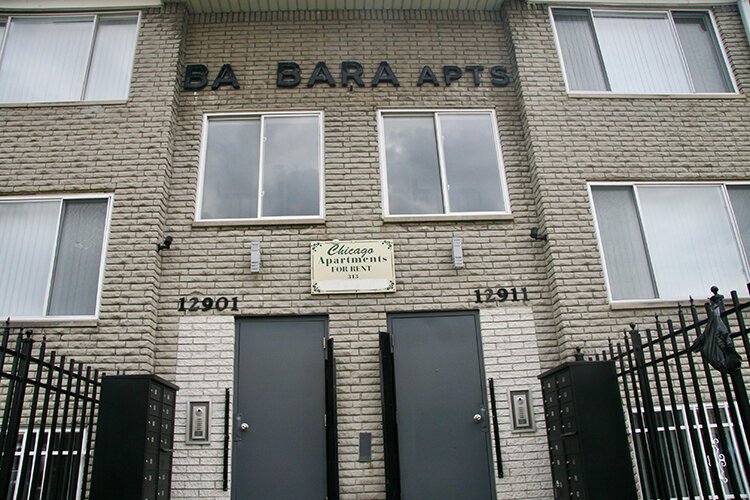
“This is something simple compared to what they’ve done for our country. They’ve sacrificed their lives and are now suffering from PTSD and mental health issues, so we can at least pay them back by providing housing,” she says. “Seniors especially struggle to get health services, so having a healthy environment for them to live in is essential. Being in a shelter is not healthy for them.”
The apartment complex has 24 units which are all currently occupied. The gated and secure building has been newly renovated with upgraded appliances to give the veterans a high standard of living. Abdulsaid and her building maintenance staff also give tenants rides to doctor’s appointments, pick up their medication, and take them to buy groceries.
All of Abdulsaid’s tenants came to the apartment through HUD-VASH and she hopes to provide them with a happy home for as long as their voucher is valid. The rent for each one-bedroom unit is $765, but most tenants only end up paying around $150.
“I don’t know how to thank Shantell [Jackson] at the VA. She and the social workers do an amazing job,” she says. “The VA prepares everything, checks to see if I have a unit available and we give the veteran a free ride from the shelter or wherever they’re staying to see if they like it. Once the agent comes and does an inspection, we sign the lease and they can move in within a couple of days.”
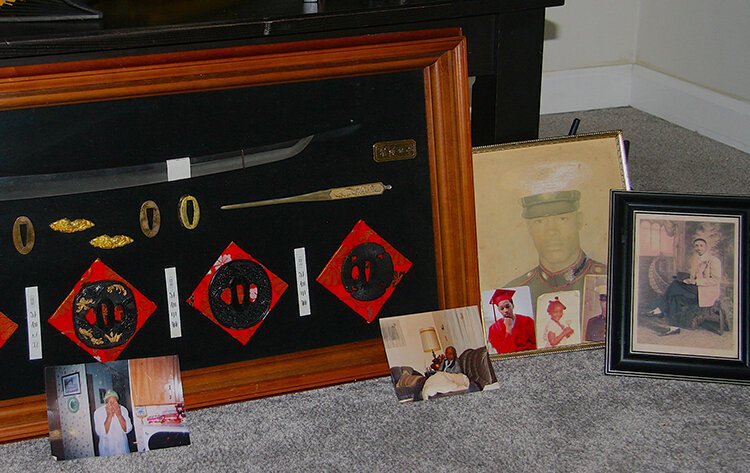
Another option is the Veterans Community Resource and Referral Center which is a one-stop-shop for vets who are homeless or at risk of becoming homeless. The VCRRC is operated by the John D. Dingell VA Medical Center in downtown Detroit and focuses on providing mental health and primary care. They’re also a place where vets can simply come in and do their laundry, take a shower, and receive a meal.
For those seeking transitional housing, the VCRRC can start the process and refer them out to a non-profit organization that they partner with including VOA, the Michigan Veterans Foundation, and Operation Welcome Home. The VCRRC will assign them a social worker based on a full assessment of their employment situation, substance abuse, and clinical history to make an appropriate plan of action for them.
Beth Baker, Chief of the VCRRC says each case is different and a plan of action is tailored based on the specific needs of each vet who walks through the doors.
“It’s not like they are just going somewhere to chill out for six months or a year. The case manager takes care of whatever they need to get re-established whether that’s focusing on obtaining gainful employment, going to school, or saving money for housing,” she says. “A lot of veterans have been incarcerated and when they get out, they don’t want to live in an apartment or house because they feel confined.”
For those veterans, the VCRRC does community outreach by going to parks often populated by the homeless and dropping off things like hygiene kits, food, and blankets in the winter. For Williams, wanting to get off the streets came down to being fed up with feeling like he had no control over his life.
“Everybody’s got their own problems they go through in life, but you got to be able to snap back to reality and get out of that,” he says. “I got tired of being tired. I looked up and 20 years went by and I was still homeless, but now I made the right decision. So one thing I can tell to whoever will listen is to always keep hope alive.”
If you are a veteran looking to apply for HUD-VASH, please call 313-305-0311 or 313-576-1414 for an eligibility assessment. Assessments can also be done in person at The John D. Dingell VA Medical Center on the second floor of the red building Monday through Friday from 8 a.m. to 2:30 p.m. For help with transitional housing, contact the VCRRC at 313-576-1580.
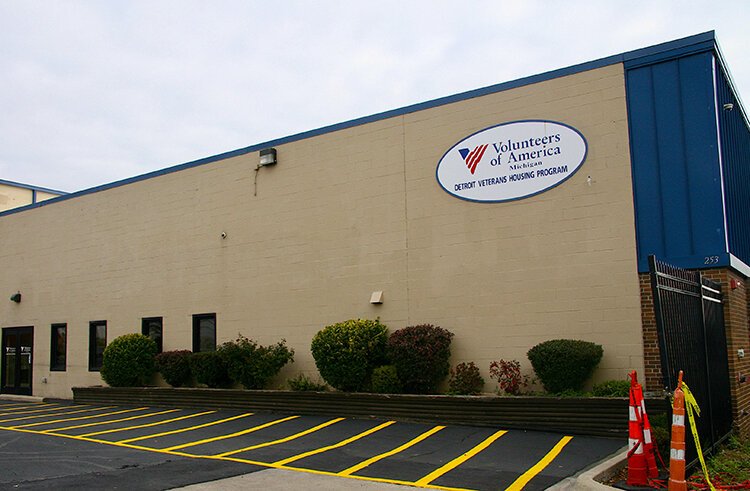
This is part of the Block by Block series supported by FHLBank Indianapolis that follows minority-driven development in Detroit.


